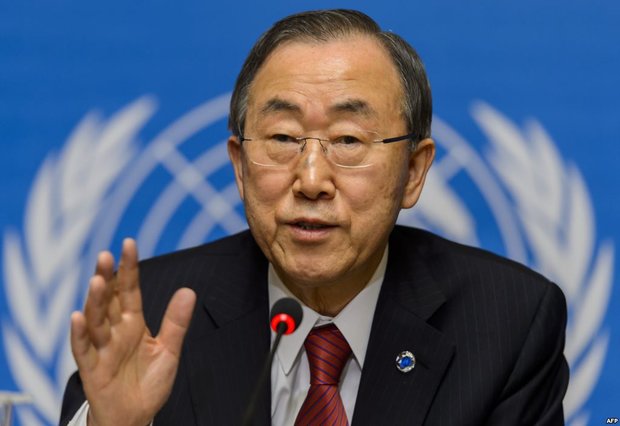2015 will be remembered as a year of human suffering and migrant tragedies. Over the past 12 months, more than 5,000 women, men and children lost their lives in search of protection and a better life. Tens of thousands more have been exploited and abused by human traffickers. And millions have been made into scapegoats and become the targets of xenophobic policies and alarmist rhetoric.
But 2015 was also a year in which the global community underscored the important contribution of migrants to sustainable development. With the adoption of the 2030 Agenda
for Sustainable Development, world leaders vowed to protect the labour rights of migrant workers, combat transnational criminal human trafficking networks, and promote well-regulated migration and mobility. By addressing root causes, the 2030 Agenda also seeks to tackle the development, governance and human rights challenges that are driving people to flee their homes in the first place.
The world urgently needs to build upon these efforts with a new global compact on human mobility based on better cooperation among countries of origin, transit and destination, with enhanced responsibility sharing, and full respect of the human rights of migrants, regardless of their status.
We must expand safe channels for regular migration, including for family reunification, labour mobility at all skill levels, greater resettlement opportunities, and education opportunities for children and adults. I also urge all countries to sign and ratify the International Convention on the Protection of the Rights of All Migrant Workers and Members of Their Families; only one-fourth of UN Member States have done so.
These principles and ideas will be part of the implementation of the roadmap to address the large movements of migrants and refugees that I have presented to the General Assembly.
On International Migrants Day, let us commit to coherent, comprehensive and human-rights based responses guided by international law and standards and a shared resolve to leave no one behind.
HRGH/PR
